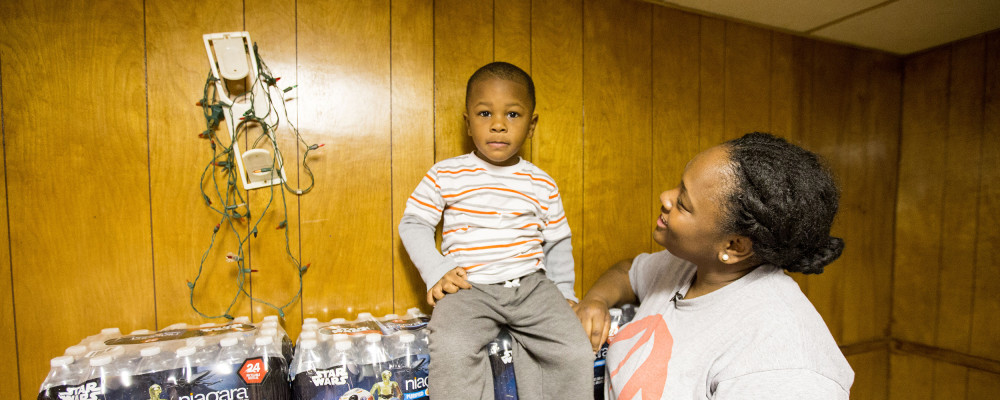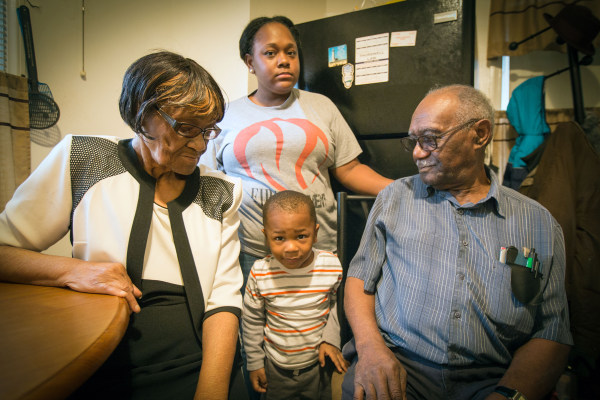If the great master, Charles Dickens, were alive I do
not think even he could ascribe an appellation to a person that would fittingly
characterize the very essence of the anti-hero as does the name Madoff. Yes, Bernie Madoff, the man who single handedly
pulled off the greatest Ponzi scheme in history and fraudulently MADE
OFF with so many innocents’ money which he laundered to the tune of 65 Billion,
yes, with a “B” bucks.
Richard Dreyfuss and Blythe Danner pulled off, I think,
one of the greatest acting efforts of their careers. Their portrayals of a man and his wife were
picture perfect. I urge you if you have
not seen “Madoff” look it up on the ABC web site or search your cable network to
see if it will be broadcast again. Understatedly,
it is a docudrama fit for our time.
I kept wishing there were a film group dedicated to
the analysis of this portrayal of Madoff because there are so many topics of
human nature including greed, narcissism and the intrinsic sickness of anarchistic
capitalism gone wild that are worthy of discussion. Moreover, there are other films such as Woody
Allen’s “Crimes and Misdemeanors,” “Match Point,” The Coen Brothers “A Serious
Man” “Wall Street” and yes, even Holocaust films that speak to the moral lengths
and extremes a person can and will go to serve his own ends or conversely to
protect others even at his own expense.
The story of “Madoff” is so complex that I decided to
choose three topics that I think speak to not only his life but to all of our
lives albeit to our nation’s life as well.
PSYCHOLOGY
The immediate question posed by Madoff’s wife, Ruth, who
was allegedly ignorant of his deeds, is why.
Why and how could a man wearing a better angels of his nature mask in
reality be quite the opposite? He was. I
believe, motivated to commit this heinous theft because it was, in reality, who
he was or more accurately how he felt.
Combine his childhood where he witnessed the humiliation of his ne’er-do-well
father and his bankruptcy that made young Madoff vow he would never experience that
humiliation again with his feelings of inferiority at not being admitted to the
best Ivy League schools as those elite with whom he shared the playground of his
life that acted as the “On” switch for his narcissism with its attendant massive
inferiorities. They were the catalyst
for his moral turpitude including the betrayal of all who loved him. The sum of Madoff was that he, in essence, did
not love himself.
ECONOMIC
If it were not for the Great Recession of 2007 the
fall of Bernie Madoff probably never would have happened. He ran, for thirty years, a Ponzi scheme that
capitalized on his good name as chairman of the NASDQ. He ran his legitimate business on the 19th
floor and the Ponzi scheme where few were admitted from the 17th.
As defined by Wiki: "A Ponzi scheme is a special kind
of fraud. It is based on a fake investment to which one schemer (or group of
schemers) gets other people to give money.
In Ponzi schemes, the schemer basically says, "I
found a great way to make money fast. The more you give me, the more I can
invest in that cause, and the more I can earn for us all." But a Ponzi
scheme doesn't actually "earn money." Instead, all of the scheme's money comes from
the investors.
Once a Ponzi scheme gets too many investors, the
system will always crash. This is because the investors all expect more money
than they invested, and they will get impatient.
These schemes always stop one of three ways:
1. The
schemer runs away with the money they got. This is what schemers try to do.
2. The
schemer runs out of money; they will be unable to promise money back right
away. This is called liquidity, and makes investors panic and demand their
money back, often all at once.
3. Authorities
find out about the scheme and stop it."
Madoff fell victim to number 2 because the US stock
market, economy and big banks fell and his investors wanted their money. When he could not pay out billions he fell.
Madoff said one truism: His Ponzi scheme took 60
billion while the US banksters took the government and the world for TRILLIONS! In other words, Wall Street, one big Ponzi scheme,
dripping in sub-prime bad loans, pension frauds, credit default swaps and
ratings fraud got away with it, got bailed out and, worse, the CEO's received bonuses. Yet Madoff was the only man who is jailed for
his scheme and probably would have avoided his legal nightmare if so many were
not calling in their investments due to the frightening investment milieu of
the 2007 Great Recession. Caveat emptor (let the buyer beware),
doncha know.
RELIGION AND MORALITY
"Oh what a tangled web we weave, when at first we
practice to deceive" -- Shakespeare’s “Twelfth Night.”
When Madoff’s brother visits his rabbi asking him
questions about sin – little sins and big ones – we assume he at least
questions something of what his brother has done and his implication in it and,
perhaps, feels guilt.
What do the major religions teach us? Rabbi Hillel when asked to sum up Judaism said: “What is hateful to you, do not do unto
others. That is the whole Torah, the rest is commentary.” Christianity teaches “Do unto others as you
would have others do unto to you.” Do
not bear false witness is the Ninth Commandment.
Michael Douglas, though, in “Wall Street” says “Greed is good”
but is it if it allows one to run rough shod over others ruining them to
aggrandize oneself?
In an IDBM summary of Woody Allen’s “Crimes and Misdemeanors”
“Judah Rosenthal played by Martin Landau is an ophthalmologist and a pillar of
the community who has a big problem: his mistress Dolores Paley has told him
that he is to leave his wife and marry her - as he had promised to do - or she
will tell everyone of their affair. When he intercepts a letter Dolores has
written to his wife Miriam, he is frantic. He confesses all to his shady
brother Jack who assures him that he has friends who can take care of her (kill
her) and he does.” Judah is besieged with
guilt but time mutes it. Why should time
mute such an immoral act?
Bernie Madoff, as he steps into his new home, a jail
cell, thinks of his wife only insofar as she will miss him. He says nothing about missing her. He even bathes in the adoration of his cell
mates who, he says with pride, ask his opinion on stocks. He loses his two sons one to cancer and one,
Mark, to suicide unable to continue with life as a Madoff despite his
innocence. Does Bernie feel guilt for
that? Does Bernie feel guilt for bilking
charities out of millions? Worst of all he
defrauded the symbol of the Holocaust itself and a nearly sacred figure to Jews, Holocaust
survivor, Elie Wiesel, the paragon of morality.
“Cain rose up against his brother Abel and killed him.
Then the Lord said to Cain, “Where is Abel your brother?” He said, “I do not
know; am I my brother's keeper?” And the Lord said, “What have you done? The
voice of your brother's blood is crying to me from the ground.” Genesis
4:8. The banality of evil writes the
great Hanna Arendt about the ordinariness of those who perpetrated the “final
solution” killing six million innocent human beings. How can an act so monstrous be banal – that
is ordinary? Madoff was an ordinary man
who committed monstrously unordinary acts ruining not only those who entrusted
their fortune to him but his family who was dragged into the sewer with
him.
A question most apropos for our time – Bernie Madoff,
in Dickensian form, made off with fortunes that were not his to take, ruined
lives he had no right to ruin and stole the futures of those he had no right to
steal. The story of "Madoff"
is an enigmatic tragedy so complex that it speaks to not only his life but to all of our lives
albeit to our nation's life as well. It should give us pause to ask is this the
nation we truly want to be. Or is there
another way where, as Martin Luther King said, "... justice rolls down
like water and righteousness like a mighty stream."

